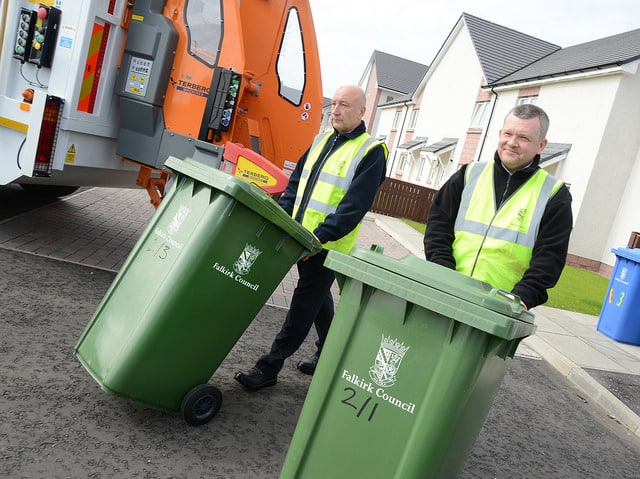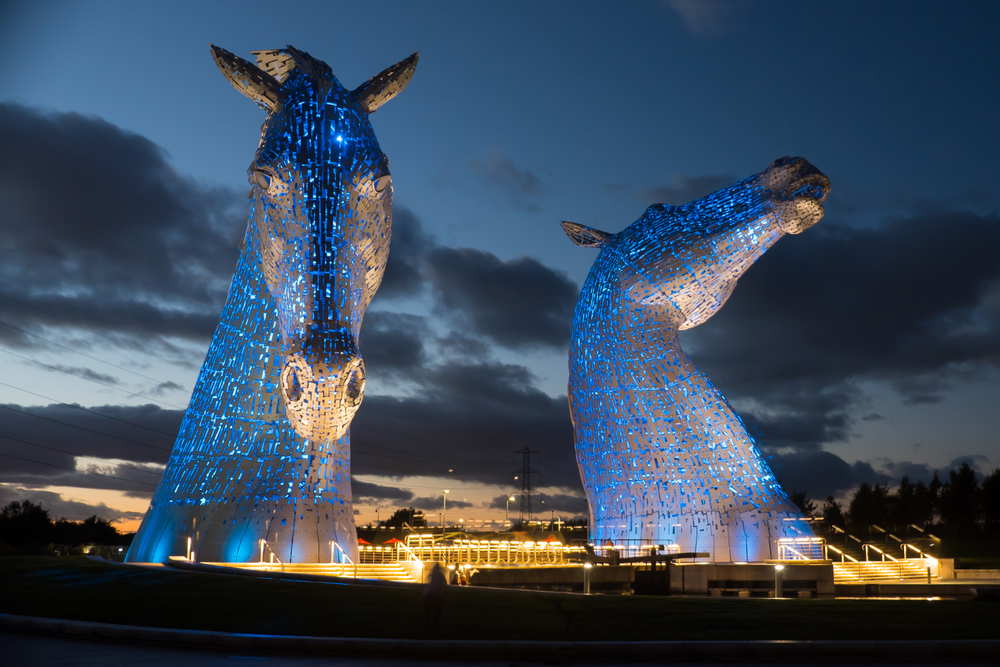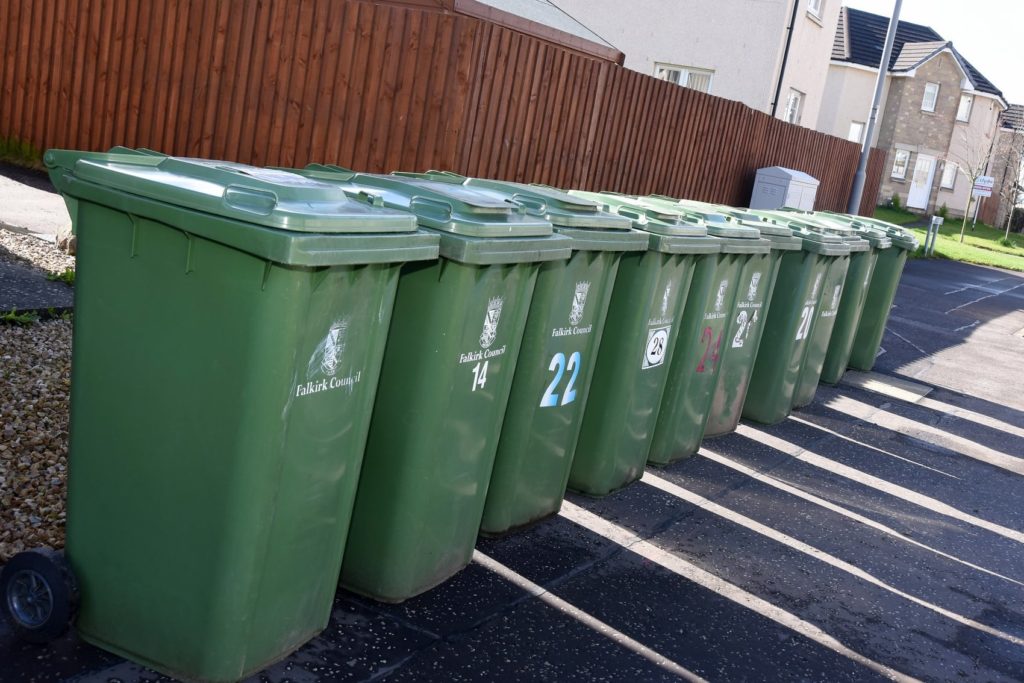Falkirk generates approximately 38,000-40,000 tonnes of residual waste every year, documents published by the council in February suggest, which it currently send to landfill.
The council signed a disposal contract with Falkirk-based landfill firm Avondale Environmental, part of the wider NPL Group, in 2017. The deal was scheduled to end on 1 October 2022 but has been extended by six months.
Scotland will impose a ban on sending biodegradable waste to landfill from 1 January 2026 and the council says it wants to find an “alternative solution” before then.
As such, Falkirk is looking to procure a 10-year contract providing an alternative to landfill and beginning on 1 April 2023, with the option of a five-year extension.
A spokesperson for the council told letsrecycle.com: “Falkirk council have consistently been amongst the highest recycling performers in Scotland and the UK, with a current recycling rate of approximately 52%.
“This new contract will further assist the council towards increasing waste diversion from landfill and its carbon reduction targets.”
The spokesperson added that Falkirk was “working closely” with Perth and Kinross, Stirling and Clackmannanshire councils to share “examples of best practice for this type of contract”.
Lots
With an estimated value of £75 million, Falkirk’s tender is split into two lots. The first covers residual waste collected by the council at the kerbside or at the local authority’s two household waste recycling centres. The second covers bulky waste such as carpets, mattresses or furniture.

“Not all treatment solutions can accommodate bulky waste items,” according to the council documents, so the contract was split into lots to “secure best value” and “maximise market interest”.
Falkirk does not own nor operate a waste transfer facility and so needs to be able to deliver residual waste in its vehicles to the treatment facility as soon as it has been collected.
Should this not be possible, the council documents say, the successful supplier would need to provide a waste transfer facility for Falkirk council to use within the local authority’s boundaries.
The estimated value of the contract covers an “all-inclusive gate fee”, the council documents show.
Soft market testing
In April 2021, Falkirk ran a soft market testing exercise involving 11 market suppliers, finding there were “a sufficient number of contractors to provide competition and solution”.

The exercise determined that market providers were at “varying states of readiness”, the documents say, with the building and commissioning of treatment facilities “occurring over a protracted timescale”.
As a result of the exercise, the council also anticipates that landfill tax will increase “significantly” from its current level of £96.79 per tonne before 1 January 2026.
Emissions
Representing an estimated population of more than 160,000, Falkirk council sent 39,306 tonnes of waste to landfill in 2020/21, the council documents show, which resulted in the emission of 17,192 tonnes of carbon dioxide equivalents.
These emissions comprised 90% of the council’s waste footprint, the documents show, representing 47% of Falkirk’s overall emissions.
“An alternative to landfill solution will provide significant carbon savings to the council,” the documents read.












Subscribe for free